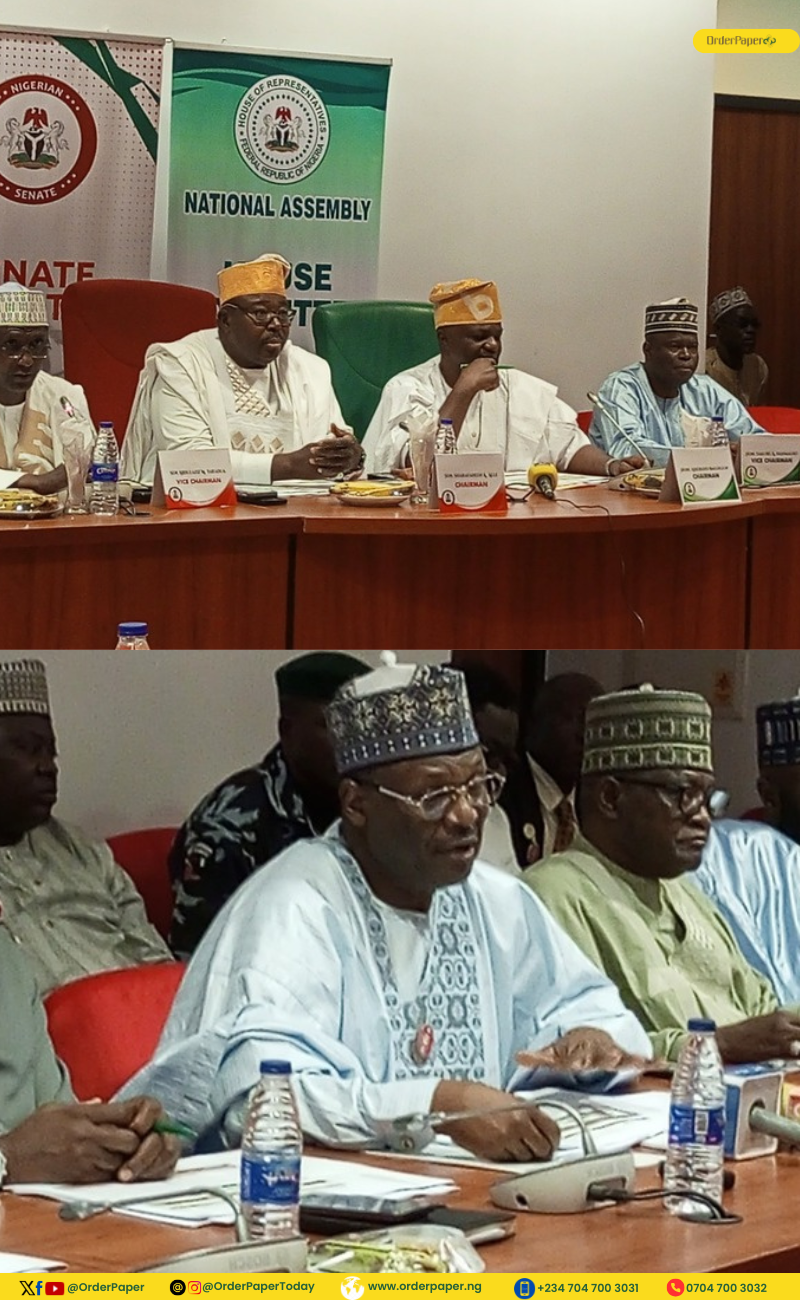The national assembly has criticised Nigeria’s border closure policy, citing its ineffectiveness in curbing smuggling and insecurity, and urged the ministry of industry, trade, and investment to liaise with the presidency for a practical solution.

The National Assembly, through its joint committee on Industry, Trade, and Investment, has criticised Nigeria’s border closure policy, describing it as ineffective in addressing cross-border banditry and smuggling, particularly in states bordering Niger and Chad.
This criticism came to the fore during the 2025 budget defence session of the joint committee with the ministry of industry, trade and investment on Friday.
Chairman of the senate committee on industry, Sen. Francis Adenigba Fadahunsi (PDP, Osun East), expressed concerns over the porous nature of the “closed” borders. Fadahunsi argued that it would be more practical to officially open the borders, as their current state exacerbates insecurity and economic challenges. He noted the negative impact on Nigeria’s economy, particularly citing smuggling as a persistent issue. He explained that while local rice production accounts for 3 million tonnes, the nation’s consumption rate of 7 million tonnes creates a 4 million-tonne shortfall, largely filled through smuggling.
According to him, the exit of Niger Republic and Chad from the Economic Community of West African States (ECOWAS) with attendant opening of their borders to Nigerians is worsening the menace of insecurity across the affected states and by extension, compounding the nation’s economic woes.
“Border closure is hampering economic fortunes of the country because rather than curb smuggling, it encourages it. For example on rice production alone , the largest percentage of 4million tonnes shortfall, is being smuggled into the country since local producers are only producing 3million tonnes out the expected consumption rate of 7million tonnes,” he said.
Rep. Fatima Talba (APC, Yobe State), echoed similar sentiments, emphasizing that the border closure is merely symbolic as people and criminals still move freely across the borders. She urged a reevaluation of the policy to reflect reality.
“Going by free movement of people and even criminals across the borders, it is time for us to stop fooling ourselves with border closure,” she said.
Rep. Paul Kalejaiye (APC, Lagos State), questioned the consistency and scope of the border closure policy, seeking clarification on whether the policy applied uniformly across the country.
“We need to even ask the question on the border policy being implemented. Are all borders across the nation closed or those closed are from a segment of the country,” he asked.
In response, the committee, chaired by Sen. Suleiman Sadiq Umar (APC, Kwara North), directed the minister of industry, trade, and investment, Dr. Jumoke Oduwole, to engage with the presidency to explore solutions. The committee also flagged discrepancies in the ministry’s budget documents, particularly a misstatement of N59 billion as payment for a N50 billion project, and requested corrections.
Oduwole had earlier presented the ministry’s budget, which allocated N3.8 billion for capital expenditure, N4.65 billion for personnel costs, N1.45 billion for overhead, and projected revenue of N24 billion for 2025.



